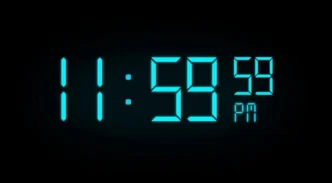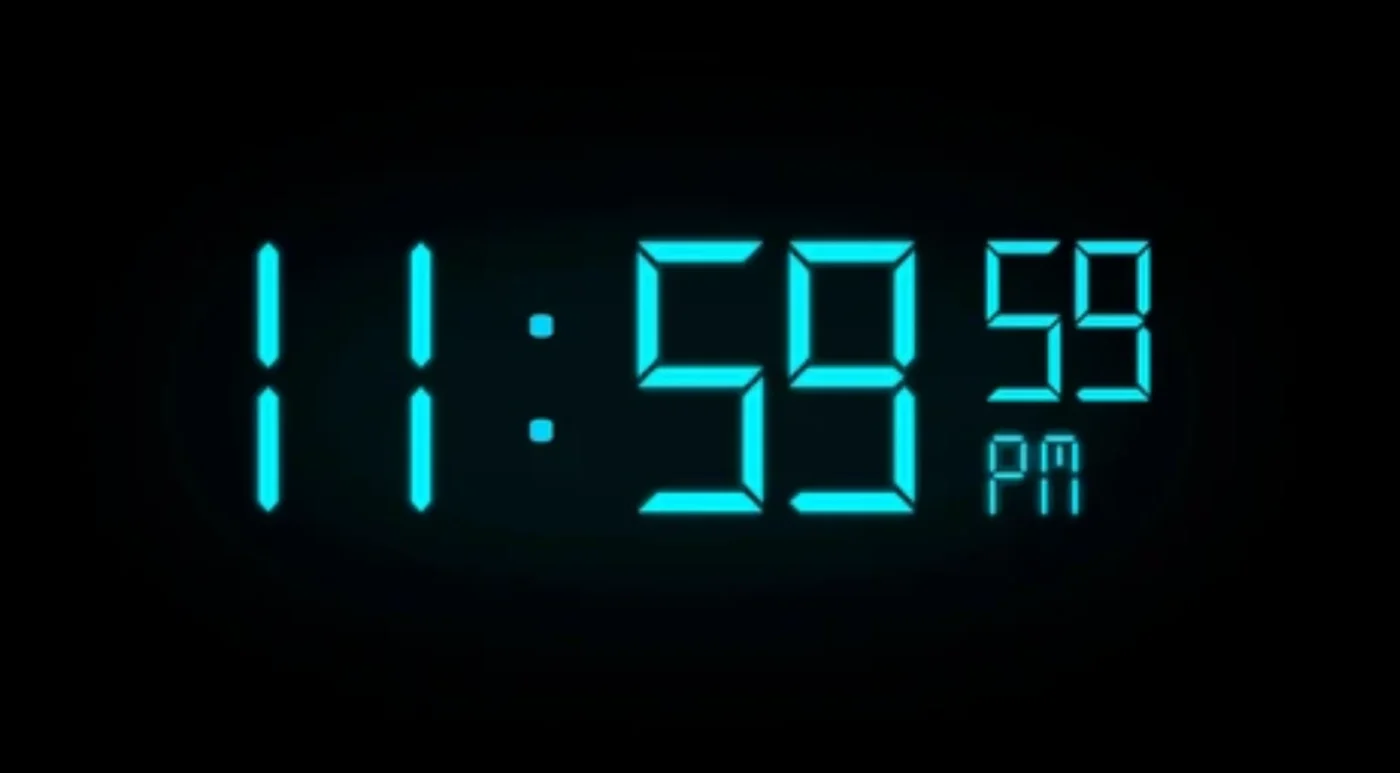A wave of frustration and urgency has swept through Manila as activists, clergy, and civil society groups rally outside the Philippine Senate, demanding swift action on the impeachment trial of Vice President Sara Duterte. The prolonged delays, attributed to procedural and political maneuvers, have sparked accusations of obstruction and raised questions about the Senate’s commitment to constitutional accountability.
Protests and Calls for Action
On Tuesday, June 3, 2025, a coalition of multisectoral groups, including prominent religious leaders and members of Bagong Alyansang Makabayan (Bayan), gathered outside the Senate building to protest the postponement of the impeachment proceedings. Senate President Francis Escudero had deferred the reading of the impeachment complaint from June 2 to June 11, citing the need to prioritize 12 pending bills before Congress adjourns on June 13. This decision has drawn sharp criticism from over 200 complainants, who argue that the delays contravene the constitutional mandate for the Senate to commence an impeachment trial “forthwith.”
At a press conference held at the House of Representatives, the coalition issued a joint statement expressing “great alarm” over the repeated setbacks. Signatories, including Bishop Broderick Pabillo of Taytay, Palawan, and film director Joel Lamangan, condemned what they described as “persistent talks or insinuations” that the trial might be derailed by jurisdictional disputes. “The time for accountability over large-scale corruption is now” they declared, warning that further delays would be a “win for impunity.”
Senate Divisions and Constitutional Debate
Within the Senate, opinions are divided over the handling of the impeachment process. Senate Minority Leader Aquilino “Koko” Pimentel III has insisted that conducting the trial is a non-negotiable constitutional duty, a view echoed by Senator Ronald “Bato” dela Rosa, a known ally of Duterte. “Once the articles of impeachment are transmitted to the Senate, we have to act on that” Dela Rosa told reporters, emphasizing the obligation to serve as senator-judges in this historic case.
Senator Risa Hontiveros has been more pointed in her criticism, labeling the delays as “obstructions dressed up as protocol.” She noted that the House of Representatives submitted the impeachment complaint four months ago, making the current deferrals particularly indefensible. “Enough games. Time to move” she urged, stressing the Senate’s unique role in upholding accountability.
Other senators, including Deputy Majority Leader JV Ejercito and Senator Alan Peter Cayetano, have similarly argued that the process must proceed as mandated. However, Senate President Escudero has maintained that the plenary holds supreme authority over such decisions, suggesting that a vote among senators could influence the trial’s trajectory. When pressed on whether the Senate could defy its constitutional mandate through a majority vote, Escudero offered an ambiguous response: “It depends on how one would read the Constitution.”
Escudero also hinted at the possibility of Supreme Court intervention, a suggestion that has drawn ire from activists. Bayan president Renato Reyes Jr. called the idea “ridiculous,” arguing that it unfairly shifts the burden onto complainants to resolve issues created by the Senate itself. Reyes recounted a pattern of excuses, from timing conflicts with midterm elections to claims of insufficient session days, culminating in what he described as a “functionally dismissed” case.
Political Context and Allegations
The impeachment complaint against Vice President Sara Duterte, daughter of former President Rodrigo Duterte, centers on allegations of large-scale corruption, though specific details of the charges remain under wraps pending the trial. The case has become a lightning rod for broader debates about accountability and political influence in the Philippines, a country with a tumultuous history of impeachments and power struggles. The Senate’s role as an impeachment court is enshrined in the 1987 Constitution, which designates it as the sole body to try high-ranking officials for “culpable violation of the Constitution, treason, bribery, graft and corruption, other high crimes, or betrayal of public trust.”
Adding to the complexity is President Ferdinand Marcos Jr.’s public opposition to the impeachment, coupled with his expressed willingness to reconcile with the Duterte family. Critics, including the coalition of complainants, argue that such statements undermine efforts to hold officials accountable and risk politicizing a process meant to be guided by evidence and law. “It would be a great disservice to the nation if the impeachment trial does not proceed as mandated, despite the overwhelming evidence presented against the Vice President” their statement read.
Public Sentiment and Broader Implications
The protests outside the Senate reflect a growing public impatience with perceived delays in addressing high-level corruption. The involvement of clergy and cultural figures, such as Concerned Artists of the Philippines chair Bibeth Orteza, underscores the breadth of societal concern over the case. Akbayan party list Representative Percival Cendaña offered a striking metaphor in criticizing the Senate’s approach, stating that convening as an impeachment court is “not like Paris fashion week” but a “solemn constitutional duty” that cannot be discarded based on political convenience.
The case also highlights the delicate balance of power within Philippine politics, where alliances and rivalries often shape institutional actions. Sara Duterte’s tenure as Vice President has been marked by both staunch support from her family’s political base and intense scrutiny from reform advocates. If the Senate ultimately votes against proceeding with the trial—a possibility Escudero has not ruled out—it could set a precedent for how constitutional mandates are interpreted in politically charged contexts.
Historical Parallels and Legal Questions
The Philippines has a notable history of impeachment trials, including the 2000 proceedings against President Joseph Estrada, which were cut short by a popular uprising known as EDSA II, and the 2012 conviction of Chief Justice Renato Corona for failing to disclose assets. These cases have often tested the Senate’s capacity to act impartially amid public and political pressure. Legal scholars note that while the Constitution mandates the Senate to convene as an impeachment court, the specifics of timing and procedure are less explicitly defined, creating gray areas that Escudero and his colleagues appear to be navigating.
Escudero’s suggestion that the Supreme Court could clarify the Senate’s obligations raises additional questions about judicial overreach and separation of powers. Some analysts speculate that such a move, if pursued by complainants, could further delay the trial while inviting a broader constitutional crisis. For now, the Senate chief has deflected personal accountability, dismissing questions about fear of Duterte as “bait” and insisting that his actions reflect the collective will of the plenary.
Looking Ahead
As the June 11 deadline for reading the impeachment complaint approaches, the pressure on the Philippine Senate shows no signs of abating. Activists vow to continue their protests, while senators grapple with their dual roles as legislators and potential judges. The outcome of this standoff could reverberate beyond Sara Duterte’s case, shaping public trust in democratic institutions and the rule of law. For many Filipinos watching from the sidelines, the question remains: will accountability prevail, or will procedural delays and political calculations once again shield the powerful from scrutiny?
















